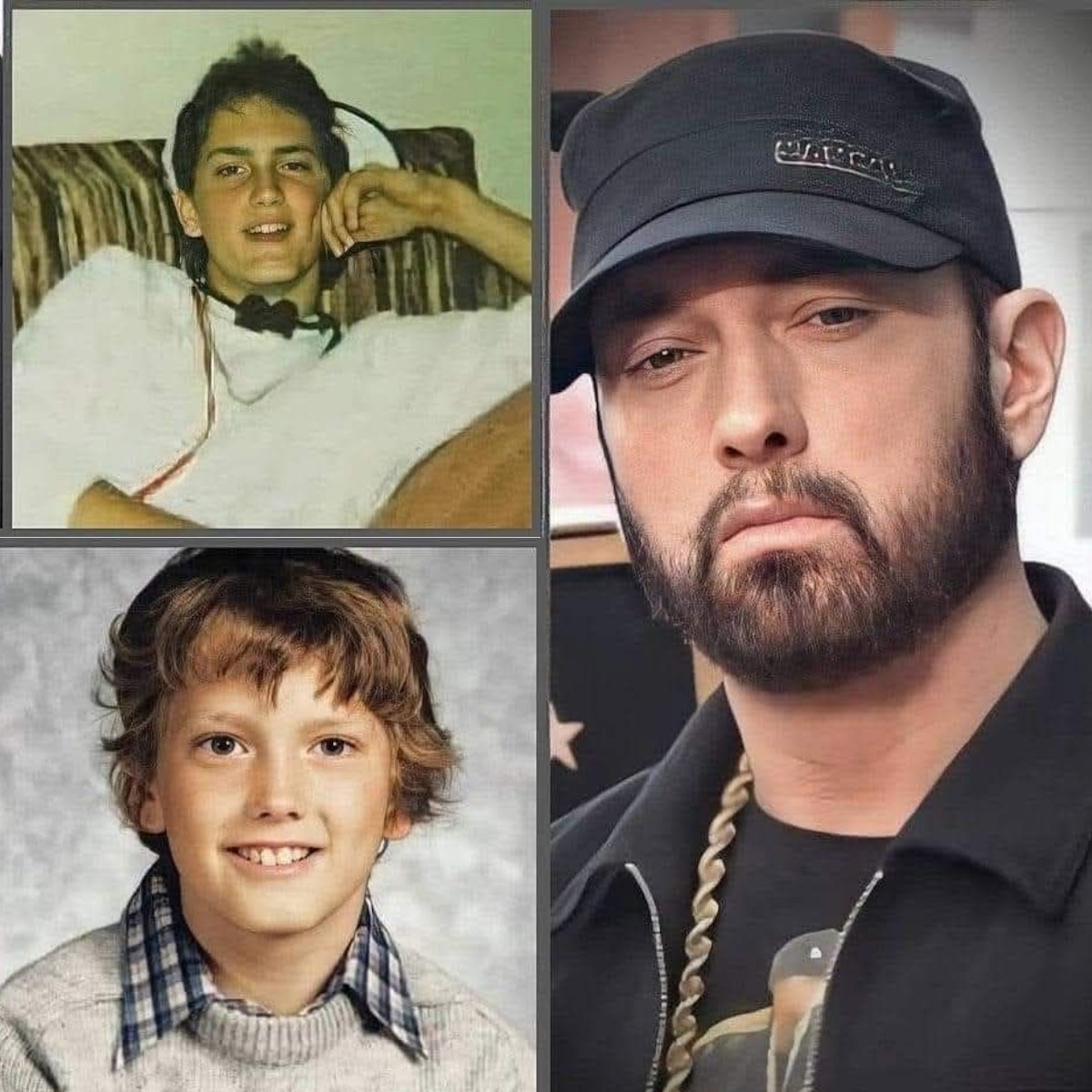The sea was creaking under the weight of the fog rolling in from afar, and the compasses had started pointing south.
A journalist from another publication contorted on the pier, clearly on the brink of performing an act of Abra Kebabra, a magic trick that entails making a kebab disappear down your gullet the night before, only for the gullet to make it miraculously reappear the next morning. It was a bracing sight that, for once, reinforced my own fortunate, inexplicable freshness.
I gulped down the salty air of the Faroe Islands, air that is said to be the cleanest in the world, and waited for the boats to emerge from the mystic fog. All we had been told by Glenn Larsen, a man that I have come to know as a Svengali of magic happenings, was that we would be boarding “boats” that morning and that fog would somehow “make the occasion better”.
Larsen even went as far as to proclaim, “Pray for fog”, the day before. He’s only the second person in history to utter that sentence, the first being the Patron Saint of the fluorescent clothing industry. What awaited us was anybody’s guess.
So, we stood on the pier, about 45 of us, with the preparatory morning scuttlings of G! Festival enshrined in a thick haze of fog back on the beach some 200m away. You could just about pluck out the sight of the odd blurry reveler making their way from the festival’s beachside hottubs into the cold North Atlantic sea, an enlivening tradition that has long ensured that G! Festival is the least hungover music gathering anywhere in the alcohol crazed West.

But over on the pier, the world was as quiet as an empty Scottish bothy, and it gave the impression that the 45 of us gathered there, each in various states of weariness, were the last people on Earth. This was somehow the effect that Larsen, the Head of the Faroese Music Export, must’ve been hoping for.
The first boat emerged from the mist and lurched towards the pier. Beers and passengers were passed aboard, but it was full and on its way before even a fifth of us had clambered on deck. Alas, boats, in varying degrees of splendour, continued bumbling forth one by one. I was on the fourth and final departure. Where we were heading remained a secret.
We crept through the fog, the sea hushed by the eerie stillness of the weather. Occasionally, the mist to our flanks would lift just enough to reveal steep grassy mountains on either side of our tiny boats, their tops secretively fading into grey. As the Faroes’ own William Heinesen put it, the archipelago is “to the vast ocean just about the same as a grain of sand to the floor of a dancehall.”
“But,” Heinesen continued, “seen beneath a magnifying glass, this grain of sand is nevertheless a whole world with mountains and valleys, sounds and fjords and houses with small people.” As we sailed, we seemed like small people edging from the safety of the shore into the unknown, and the first foreign sound we heard was a creaking cello.
We happened upon the concert like explorers happening upon new lands only to find that they’ve been expected for some time. The Ocean Rainforest research boat was anchored in the middle of the foggy Atlantic. Stationed upon it were Hettarher, an avant-garde cello and double bass duo, and a man in a woolen fishnet-like dress with a purple headscarf yelling about Coca Cola in performative verse. He was Silvurdrongur.
The fleet of boats encircled the performance, the creaks and cracks of butting bows, as people silently attempted to dock, tesellating with the music as though it was all part of the song. Nature leant its own percussion and smoke machine. I glanced over my shoulder to see a puzzled seagull bobbing on top of the water. Madness. This was utter madness.
A few weeks later, as I struggled through an indie band at the local pub, I wondered whether I would ever enjoy a concert again. I felt like yelling strange heckles along the lines of, ‘Where’s your fucking seagull mate?’ or ‘You couldn’t even moor a dinghy to that stage son’ as the recent university graduates plodded their way through a track that blatantly ripped off ‘Linger’ by the Cranberries.

I was rapt by Silvurdrongur, a madman in ill-advised seafaring clothing, hopping between the crescent of vessels to berate the capitalist encroachment of the Faroe Islands. I wondered whether I would ever be rapt again in my sorry life. Puzzled and confused, with a yearning for floating gigs that no other human has surely ever suffered, I turned to Dr Michael Swift, the founder of Birmingham-based Swift Psychology and Head of Counselling at the Uprawr Mental Health Foundation, and, in what will surely be considered a sound use of his time by all our readers, I pleaded for answers.
“Yes, it’s possible for an extraordinary concert to temporarily ‘spoil’ future ones,” the good doctor told me, as I proverbially shivered and muttered the words to ‘Spælidrongur’ in my life jacket on his couch. “When we experience peak emotion, intense euphoria, connection, or awe – the brain encodes it as a reference point.”
My new reference point was an avant-garde chansonnier-come-rapper and a neo-classical duo floating in the North Atlantic, accompanied by the ambient bustle of jostling boats. It was easy to see how that might be a problem. “Later concerts may feel flat by comparison,” Dr Swift confirmed, “not because they are bad, but because of contrast effects and elevated expectations.”
He even had a term for it, “Psychologists sometimes call this hedonic calibration: once we’ve experienced something extraordinary, the ordinary feels muted for a while.” I feared my career as an objective music journalist could well be fucked by hedonic calibration of a huge magnitude hitherto unknown in the profession. Is this what Larsen wanted? Had he wanted to establish the superiority of barely-known acts in off-kilter locations to such an extent that all cultural criticism was skewed towards oceanic obscurity thereafter?
When Silvurdrongur’s wink cut through the fog, was its cheekiness sinister rather than that of a performer in full flow, causing even the tides to dance to his whims? Is this what I had begotten when I naively prayed for fog without the foggiest idea why? “Reframe the experience, don’t chase it,” my psychologist advised.
“Rather than expecting every gig to reach the same high, recognise that the peak moment is special precisely because it is rare,” he said. Swift was certainly right on that front. Beyond the novelty of Silvurdrongur at sea, what was truly riveting was the sense of creativity unfurling in its rawest form.
Something magical was happening simply because people had bothered to make it so. It was, of course, bold and original in the extreme. And it was perfectly considered to such an extent that it’s hard to imagine any other act that would’ve worked quite so well in this setting. But it was also deeply naturalistic, unfurling with raw, unpolished, perfect imperfection. Ultimately, there was no finer showing of art for art’s sake in the world that day.

I felt privileged knowing I had stumbled, beer in hand, into something that you could never come close to recreating. As I returned to my homeland and mortgage, I wondered whether I would ever feel quite as privileged ever again? Probably not. It seems unlikely that myself and my partner Sherilyn, equally awed to the point of depression by the experience, will be afford a fleet of ships any time soon. But Dr Swift keeps telling me that maybe that’s the point.
I had to avoid thinking about this too much. You can’t ask lightning to strike twice, as Dr Swift urged, “By lowering pressure on future experiences and focusing on different aspects (the musicianship, the crowd, the setting), you allow joy to emerge in new ways. Gratitude for the peak makes space for appreciation of the everyday.”
In time, I have endeavoured to see his point. Now, a few months on, above all, I see that the concert reminded me of the inverse of what David Byrne was angling at when he yelled, “How did I get here!” In ‘Once In a Lifetime’, the Talking Heads man warns against life becoming a somnambulant wander towards maudlin inevitability, but in the sleepy sea, I was awakening.
In equally Byrne-esque fashion, I didn’t know how we had got there or where we were or, in truth, what I was watching and hearing, but on a Faroese boat as a Silvurdrongur asked, Is it us that makes us human?” and poeticised, “We were all gifted the Earth on our birthdays,” it seemed it is worth venturing through the fog of the unknown: it might re-affirm your life or it might ruin it. For me, it remains to be seen, but Swift and I are hoping for the former.





